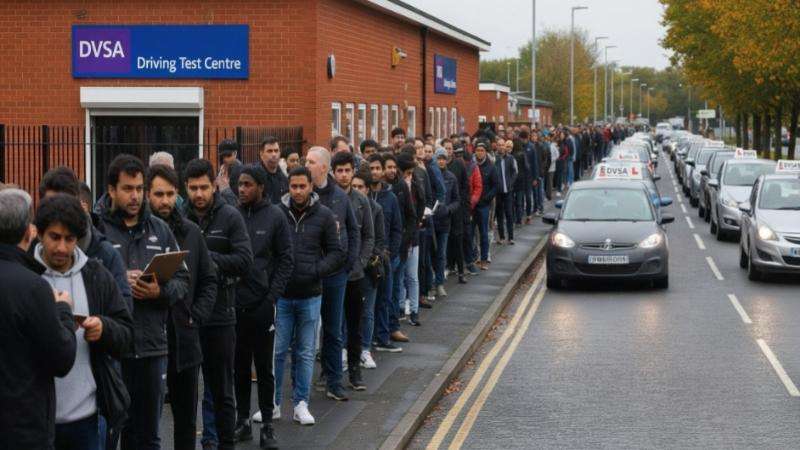Migrant workers coming to the UK to support the country’s care system are facing dire living conditions, including sharing beds, sleeping rough, and being charged illegal fees of over £20,000, according to new research.
A survey of more than 3,000 individuals who arrived in the UK on health and care worker visas revealed that nearly a quarter had paid fees upfront—either to their employer or an intermediary—in exchange for a job offer. Over 100 respondents, many from Nigeria, Zimbabwe, Zambia, and other African nations, as well as India, Pakistan, the Philippines, Brazil, and Indonesia, reported paying between £5,000 and £20,000 in fees, with 50 people paying over £10,000 and five paying at least £20,000.
Despite these high payments, many migrant care workers live in overcrowded and poor-quality housing, often experiencing severe racism, the research found. Almost a quarter of those in employer-provided accommodation reported having to share a bedroom with other workers. One worker described living in a one-bedroom flat with 15 people, while another said they shared a three-bedroom property with nine others. Some workers struggled to afford rent and bills, and two reported having to sleep rough at times.
Migrant workers play a crucial role in addressing staffing shortages in the UK’s struggling care sector. Skills for Care estimates that 8.3% of social care roles in England—approximately 131,000 vacancies—were unfilled in 2023/24. Around one-third of new hires in the sector during that time were recruited internationally.
The survey, conducted by the trade union Unison, also highlighted widespread racism in the workplace. More than 800 respondents reported experiencing racial discrimination, with 355 citing mistreatment by colleagues and nearly 300 by their employers.
Many migrant care workers fear retaliation if they speak out. Over a third of respondents said they or a colleague had been threatened with dismissal or redundancy for raising concerns about their treatment.
To employ overseas staff, care companies must issue a sponsorship certificate, which workers use to apply for visas. According to government data, 21,300 applications for health and care visas were submitted between April and December 2024. However, if a worker leaves their job or their employer goes out of business, they risk deportation if they fail to secure a new sponsor within 60 days.
Unison’s general secretary, Christina McAnea, criticized the system, stating: “Care staff from overseas are propping up a collapsing sector. These workers deserve respect, not exploitation and abuse. The government must urgently reform the sponsorship system to prevent mistreatment and improve standards across the care industry.”
Dr. Shabna Begum, chief executive of the Runnymede Trust, called the mistreatment of migrant care workers—who are predominantly people of color—a reflection of the wider issues plaguing the care system. “Chronic underfunding has led to a situation where those caring for our elderly and vulnerable are subjected to appalling working conditions,” she said
Jamila Duncan-Bosu, a solicitor at the Anti-Trafficking and Labour Exploitation Unit, argued that the current recruitment system enables exploitation. “Workers who depend on their employer for visa status have little power to escape mistreatment. The lack of oversight allows exploiters to operate freely,” she explained.
A government spokesperson responded to the findings, stating: “We take these concerns seriously and have a zero-tolerance policy toward labor exploitation and immigration abuse. We are already taking steps to ban unscrupulous employers from sponsoring migrant workers and will introduce legislation to strengthen workers’ rights. Employers found violating labor laws will have their sponsorship licenses revoked, and affected care workers will receive support to find alternative jobs.”








.svg)



